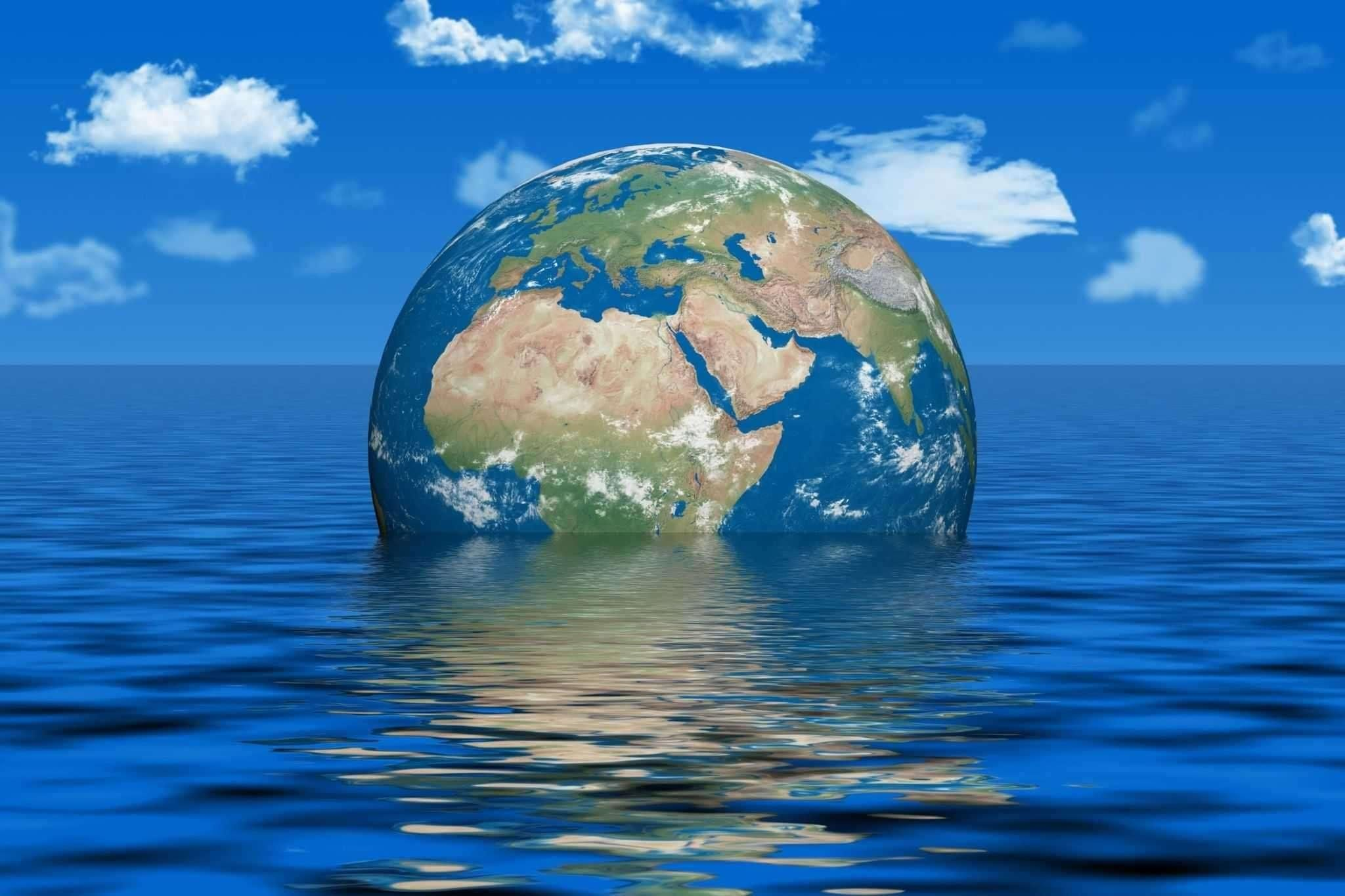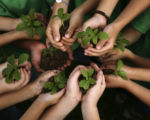A landmark report from the Global Commission on the Economics of Water has revealed that humanity has destabilized the global water cycle for the first time in human history. This disruption, fueled by unsustainable land use, water mismanagement, and climate change, is pushing the world into a growing water crisis that threatens economies, food production, and human lives.
The global water cycle, a natural system where water evaporates from the Earth’s surface, forms atmospheric rivers, and returns as rain or snow, is being severely affected. Nearly 3 billion people already face water scarcity, and worsening conditions are set to cause further suffering as crops fail, groundwater dries up, and cities sink. The report warns that without urgent action, more than 50% of global food production could be threatened, with global economies facing GDP losses of up to 8% by 2050. Low-income countries could experience losses as high as 15%.
“For the first time in human history, we are pushing the global water cycle out of balance,” said Johan Rockström, co-chair of the Global Commission and one of the report’s authors. This imbalance means that rainfall — the primary source of freshwater — can no longer be relied upon as it once was.
The report distinguishes between two types of water: “blue water,” the liquid water found in lakes, rivers, and aquifers, and “green water,” the moisture stored in soils and plants. While green water has often been overlooked, it plays an essential role in generating about half of all land-based rainfall. Disruptions to this cycle are closely connected to climate change, which exacerbates the problem by accelerating global warming, drying out landscapes, and increasing fire risks.
Human activities such as deforestation and the destruction of wetlands are further depleting these natural water systems, reducing their ability to store carbon and combat climate change. This, in turn, dries out the environment, causing more severe droughts and unpredictable weather patterns.
The crisis is intensified by humanity’s growing demand for water. The report estimates that people need around 4,000 liters (just over 1,000 gallons) per day for a “dignified life”—far above the United Nations’ basic needs estimate of 50 to 100 liters. Many regions, however, are already struggling to meet these demands from local sources.
Richard Allan, a climate science professor at Reading University, England, echoed the report’s urgency. He described the human-caused disruption to the global water cycle as a “grim picture” and highlighted how land and atmospheric changes are intensifying extreme weather patterns. Allan, who was not involved in the report, stressed that addressing the crisis requires better management of natural resources and cutting greenhouse gas emissions to slow the rate of global warming.
The report also calls for governments to treat the water cycle as a “common good” that must be managed collectively. Since water vapor can travel across borders, decisions made in one country can impact rainfall in another. This interconnectedness makes global cooperation crucial in addressing the crisis.
To mitigate the damage, the report recommends a fundamental shift in how water is integrated into economies. It advocates for better water pricing to reduce waste and disincentivize planting water-intensive crops or building large facilities like data centers in water-stressed regions. Ngozi Okonjo-Iweala, director general of the World Trade Organization and co-chair of the commission, emphasized the importance of recognizing the value of water, not only as a scarce resource but also for the wide range of benefits it provides. “The global water crisis is a tragedy but also an opportunity to transform the economics of water,” she stated.


















